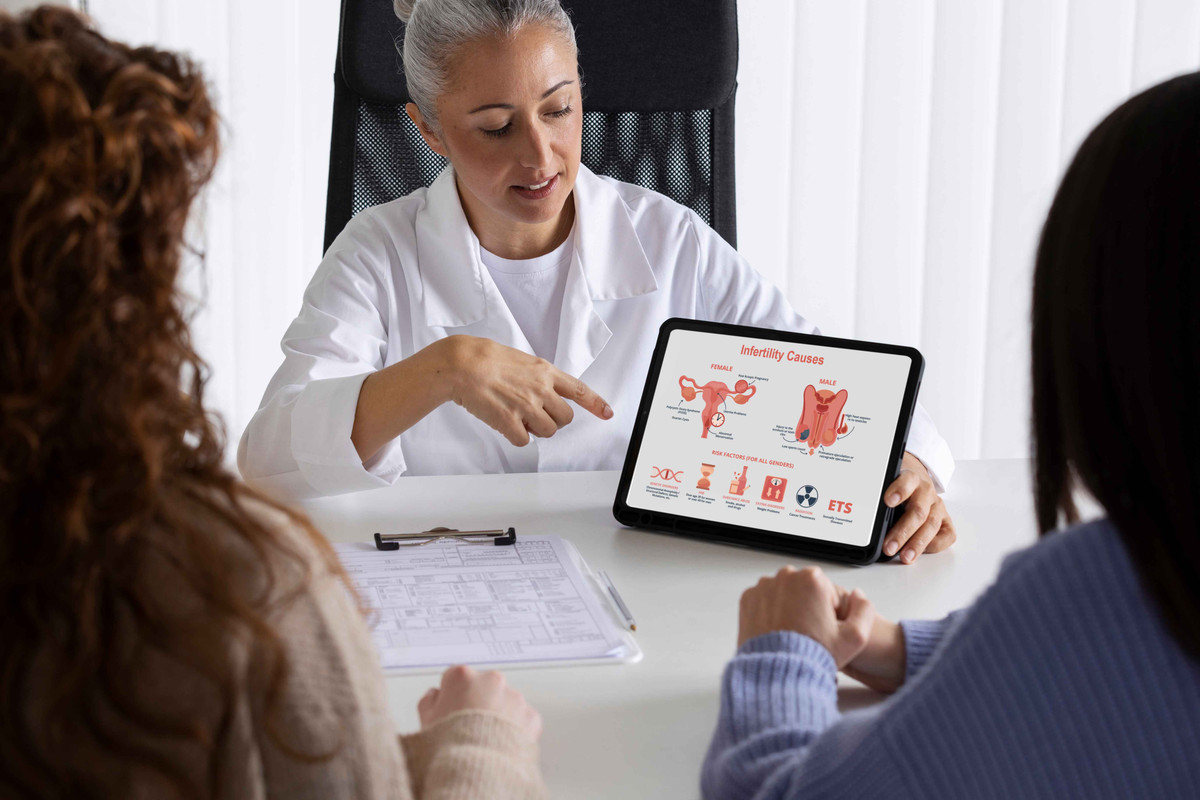Article -> Article Details
| Title | Smarter Gastroenterology Billing Services in 2025 |
|---|---|
| Category | Fitness Health --> Family Health |
| Meta Keywords | Gastroenterology medical billing services |
| Owner | james |
| Description | |
| Gastroenterology practices are operating at a crossroads between increased demand for patients, complex procedures, and changing reimbursement rules. From colonoscopy to advanced curative endoscopy, individual support transports unique documentation and cryptographic requirements. Inaccuracy by any forum can lead to rejection, delay of repayment or, alternatively, erroneous taking. As we enter 2025, smart gastroenterology charges are changing the method of their revenue cycle. Such support is no longer merely about maintaining the submission—it is about producing a robust, denial-resistant economic engine. Providers partnering with specialists like AnnexMed’s Gastroenterology Billing Services are seeing measurable improvements in claim acceptance rates, reimbursement speed, and overall practice profitability.  The Complexity of Gastroenterology Billing Unlike primary care, gastroenterology includes a wide range of CPT and ICD-10 codes related to diagnostic and curative actions. For instance, different biopsies performed during colonoscopies must be coded and charged differently depending on location and pathology. Moreover, the modifier identical to -59 or -XS must be used precisely in order to avoid a combination error. According to the American Gastroenterological Association allege a mistake in the present Fortress Report as a result of a disproportionate share of maintaining denial. More dismissal rates planned to compensate for shortages of sub-specialist expertise are frequently encountered in methods relying on general charge teams. The current stresses the need for smarter, specialized charge fixing. Automation and AI in Gastroenterology Billing The adoption of Machine Learning Systems and Robotic System Automatisation (RPA) will be the biggest transformation in gastroenterology revenue cycle management. These tools automate a demanding task that is identical to the eligibility check, the rejection of the form, and the validation of the rejection. The AI-driven Code Engine promptly links documentation with payer protocols in a real era, thereby reducing the code errors that have plagued GI approaches in the past. For example, an AI platform can alert when a colonoscopy screen code should be classified as diagnostic due to a persistent narrative, preventing a well-earned denial. CAQH research the U.S. is already recovering from the show automation. Health care: $ 187 million a year for administrative expenditure, alongside eligibility and claim administration support a large share. Embracing intelligent automation is no longer optional in the field of information and communication technologies; it is the second key factor in terms of resilience. Patient Responsibility and Cost Transparency With an ascending deductible, patients will bear more of the costs associated with surgical procedures. Actually, a KFF study. Report: 43 percent of Americans. A man's struggle to pay a medical bill out of pocket. For gastroenterology, where methods can cost thousands of dollars, transparency is key. Smarter gastroenterology charges help integrate upfront eligibility and rewards confirmation to provide patients with a correct cost estimate. These practices reduce debates, improve selection rates, and enhance long-term satisfaction by putting expectation before action. This patient-centric strategy transforms the fee from a back office activity into a calculated division of long-term participation. Outsourcing for Expertise and Scalability Many gastroenterology approaches are aware that inhouse cost units are attempting to maintain pace with payer changes and refusal leadership. Outsourcing to a focused gastroenterology fee corporation offers access to certified programmers, rejection professionals, and a work flow governed by compliance. Firms like AnnexMed deliver:
By outsourcing, procedures transform repair costs into variable expenses, improving assertion accuracy and cash current. This directly enhances the return on investment (ROI). Analytics for Smarter RCM Decisions Data driven clinical decision making in gastroenterology RCM. Charge collaborators immediately offer a display of the timetables for returning the claim, the rates of rejection by the payer, and the net cluster ratio. For instance, if analysis reveals that payers consistently deny reliable endoscopic methods in absence of documentation, methods can proactively train clinicians on documentation standards. This transforms denial management from reactive to preventive. Data transparency, as well as aid procedures, is charged alongside calculated objectives, such as enhancing assistance, negotiating a healthcare agreement or, alternatively, promoting patient economic involvement. Compliance and Regulatory Pressures The conformity requirements will continue to grow in 2025. GI methods must demonstrate that these steps require payer and CMS protocols, alongside enhanced clinical imperative and modifier use. Non-compliance can lead nay is not used in academic writing solely to deny despite that furthermore to audited accounts and punishment. Smart chargers make it easier to check the conformity of each step of the charging process, thus reducing the risk of exposure. This ensures compliance with changing rules without burdening employees by working alongside focused charge businesses. Looking Ahead: The Future of Gastroenterology Billing Further integration of machine intelligence, tolerant involvement tools, and prognostic computational analysis in gastroenterology medical billing services. will take place in the next decade. Today, techniques that finance smarter charge answers will build resilience against the scrutiny of payers and fiscal volatility. The winner in the present space will be those who, despite being a key driver of economic well-being, do not charge as a cost center. Advanced vendors, which combine human expertise with technology-enhanced answers, will Companion. Conclusion In 2025, gastroenterology's job will no longer be in handling claims but in managing complexity, leveraging innovation, and developing economic systems that are aligned with patient-centered thinking. Smarter charging assistance will reduce denial, increase transparency, and increase obedience while enhancing revenue collection. Partnering with specialists such as AnnexMed for Gastroenterology Billing assistance. In a context where the margins are thinned and demand increases, these procedures achieve sustained advantages. For gastroenterology practices, the path forward is clear: embrace smarter billing or risk falling behind. References CAQH. “2023 Index Report on Administrative Automation.” Kaiser Family Foundation (KFF). “Medical Debt in the U.S.” | |
